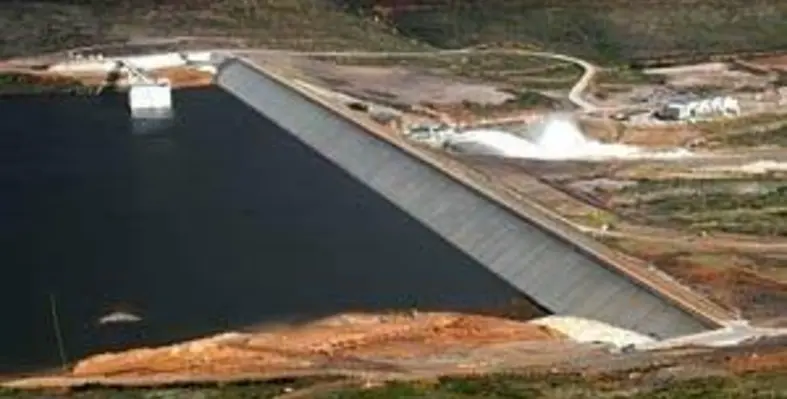Business group’s insights into the critical issue of water resource scarcity suggest that challenges lie ahead, but that none are insurmountable
'Official’ reports abound, but it’s not often that the private sector gets together voluntarily to look at the problem of water supplies. The 2030 Water Resources Group did just that ahead of issuing a wide-ranging survey. Input from South Africa was prominent in the preparation of ‘Charting our water future: An economic framework to inform decision making’.
This independently-produced report is handily divided into five sections, each providing an insight into some of the supply and drainage problems faced by Africa’s largest single economy – and, by extrapolation, most of the rest of the continent too.
Shining a light on water resource economics The authors maintain there is little indication that, left to its own devices, the water sector anywhere in the survey area will come to a “cost-effective solution to meet the growing water requirements implied by economic and population growth”.
So, the report focuses on how, by 2030, competing demands for scarce resources can be sustainably met. Its central thesis is that meeting the demand for water is possible at reasonable cost, even in a resource-stretched country like SA where rainfall is low, there are limited aquifers and heavy reliance has to be placed on significant transfers from neighbouring countries.
Managing our way to scarcity
‘The challenge ahead’ is the concise subtitle of this section, which repeats the observation so often heard in the ‘Peak Oil’ debate that “business-as-usual approaches will not meet demand for raw water”.
According to the 2030 Water Resources Group, the demand in South Africa is projected to reach 17.7bn cu m in 2030, of which household share is just over a third. Current supply is just 15bn.
“South Africa will have to resolve tough trade-offs between agriculture, key industrial activities such as mining and power generation, and large and growing urban centres,” the Group concludes.
Towards solutions The authors believe solutions to challenges are in principle possible. An ‘integrated economic approach to water resource management’ is recommended, based on the following principles, which all apply in SA:
● Agricultural productivity is a fundamental part of the solution.
● Efficiency in industry and municipal systems is similarly critical.
● Quality and quantity of water are tightly linked.
● Most solutions imply cross-sectoral trade-offs.












